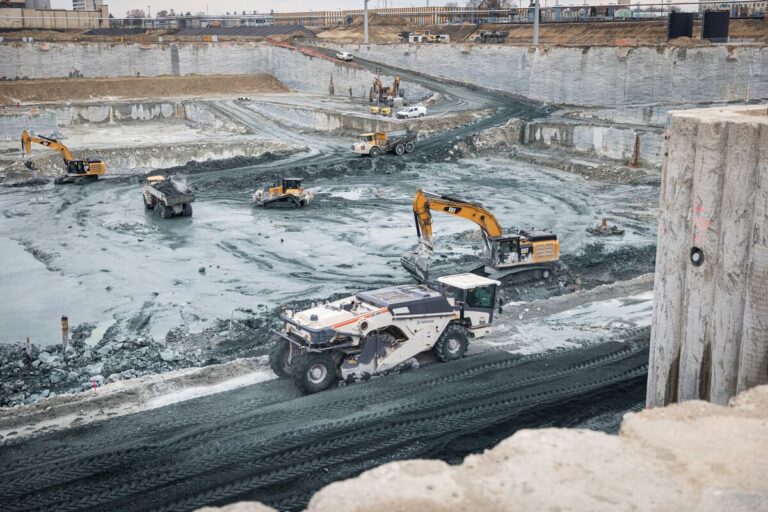Paks nuclear plant project
BREAKING: Rosatom head in Hungary, first concrete poured for Paks II NPP – photos

Russian executive linked to Hungary’s Paks II project detained over alleged funding of Ukrainian army

Major milestone date set for the Russian expansion project at Paks NPP

Hungarian-Romanian alliance to protect the so-called utility price reduction scheme

American fuel in Paks Nuclear Power Plant? Is Hungary trying to decrease Russian energy dependency?

Hungary’s Paks NPP extension project gets crucial permit

Peace in business? Russians and Americans unite to supply Paks with nuclear fuel

Paks II Nuclear Power Plant construction start announced

Rosatom’s big win: How they secured the green light to power Hungary’s next nuclear giants

New Hungarian NPP Paks II built by Russia in trouble after today’s EU court decision?

Hungary to install U.S.-developed modular nuclear reactors: Is energy sovereignity coming?

Hungary praises Trump for ‘fixing’ US ties after Biden ‘damage’

Hungary wins big in Washington: U.S. lifts sanctions on Paks nuclear project after talks

‘Putin’s Paks project must be buried’ – Hungarian MP calls on EU to stop Russian-funded nuclear expansion

Blocked no more: Trump clears path for Hungary’s nuclear power expansion!

Advisory body recommends temperature threshold for Paks discharge Danube stretch

Fidesz warns of blackouts and job losses as ‘EPP–Tisza pact’ targets Hungary’s nuclear lifeline

Production of second Paks II reactor vessel starts in Russia





 ZH
ZH IT
IT DE
DE HR
HR NL
NL FR
FR JA
JA RO
RO RU
RU ES
ES TR
TR
